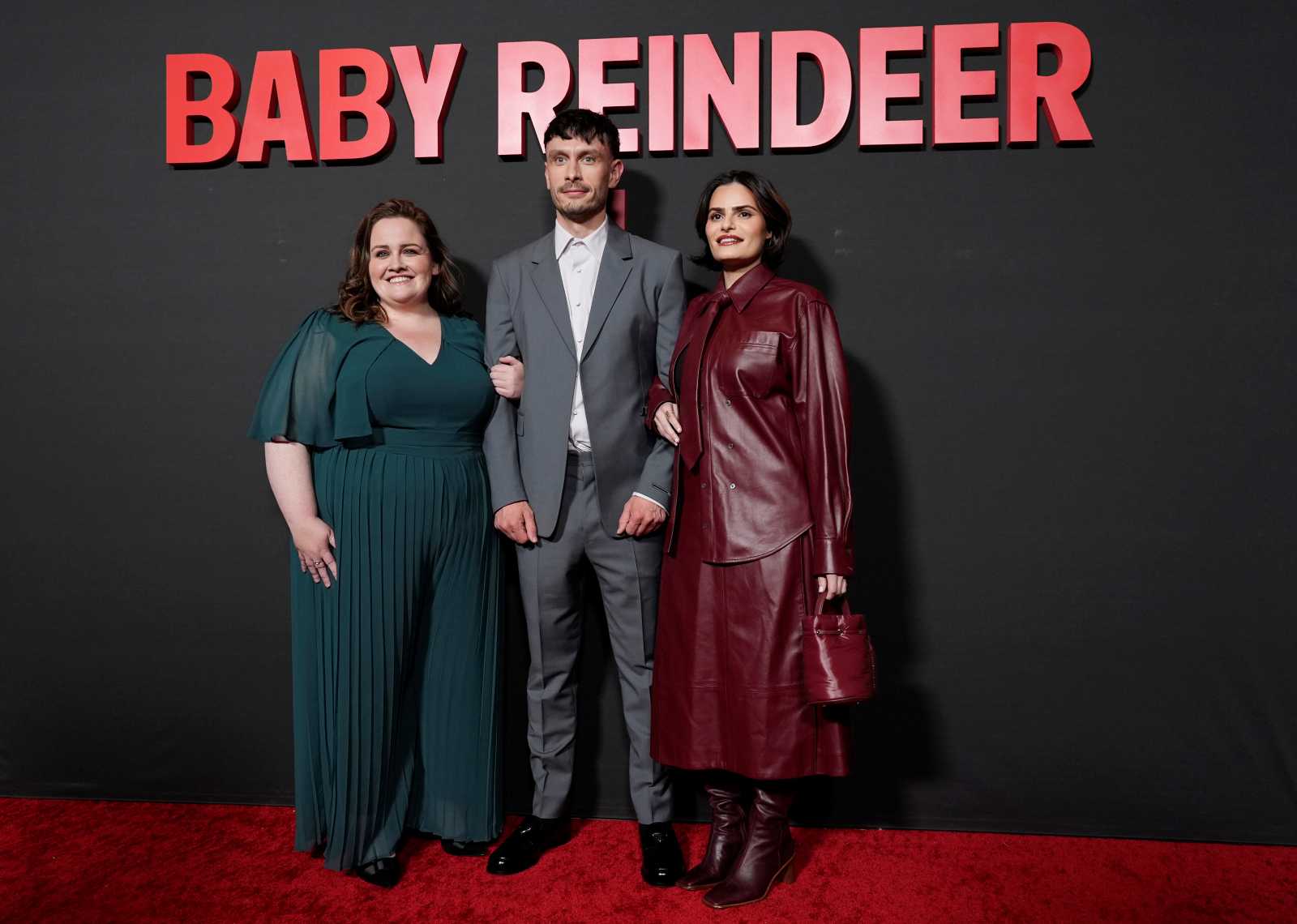Women's rights activists
“We need to move beyond simply talking about FGM”

This article is part of a series featuring interviews with women’s rights advocates from around the world. They share their personal stories and the successes of women’s rights movements in their countries.
How do you advocate for women’s rights and what motivates you?
I am a Somali woman living in the UK, and I am a survivor of Female Genital Mutilation (FGM). I use my personal experiences to raise awareness, educate professionals, and advocate for survivors of harmful practices such as FGM and Honour-Based Violence (HBV). I actively use my social-media platforms to amplify my activism, including TikTok, where I have over 380,000 followers and a reach of over 100 million people worldwide. My work is strategic, data-driven and committed to survivor-centred advocacy and systemic change. In 2024, I was honoured with the Girls’ Human Rights Award for my campaigning against violence against girls, and I was named one of BBC’s 100 Women in 2023, recognising my global impact in the fight for women’s rights.
Female genital mutilation is illegal in the UK, yet thousands of women living in the country have suffered from it. What are the main challenges faced by survivors of FGM and HBV in the UK?
A major problem is the lack of education and awareness, particularly among health professionals. There is no mandatory, in-depth training on FGM or HBV in medical schools, universities or professional courses. Instead, staff often receive a one-hour training session, which is insufficient to grasp the severity of these practices, assess their long-term effects and provide compassionate, trauma-informed care. This lack of education leads to fear and mistrust among survivors, many of whom avoid accessing health services.
Another major challenge is the lack of understanding and education about intersectionality and how cultural, racial and gender dynamics affect survivors’ experiences. Survivors frequently report feeling dismissed or judged when they seek help. For example, a medical professional may not understand the cultural significance of FGM or may unintentionally retraumatise a survivor by making dismissive or insensitive comments.
The system also struggles with accessibility and fairness. The limited services that are available, such as psychosexual support, are often either inaccessible or unknown to the very women who need them most, leaving many isolated, unsupported and struggling with unresolved trauma.
Additionally, there is no standardised system for reporting cases of FGM or HBV. As a result, responses are inconsistent, and survivors are repeatedly let down. Survivors need to feel heard, understood and protected, but the system often falls short. Without systemic changes, including mandatory, in-depth training for professionals and better promotion of survivor-focused services, these challenges will persist.
What has been achieved for survivors of FGM and HBV in the UK?
There has been some progress in recognising the seriousness of FGM, but it is far from enough. Most initiatives are concentrated in London, leaving the rest of the country with significantly less support. But even in London, where more resources are available, the response is still inadequate.
A lot of funding is being directed towards raising awareness, but we are failing to tackle the problem at its root. Education is the key to prevention: Teaching about FGM must become part of the national curriculum in schools, so that children are educated about the issue from an early age. It should also be mandatory for universities to include comprehensive training on FGM, particularly in courses related to medicine, law, social work and education.
There are some new laws, such as the FGM Protection Orders, that aim to protect women and girls at risk of FGM. However, reports show that there has actually been a 15 % increase in cases of FGM registered by general practitioners and hospitals in the UK since 2016, highlighting the urgent need for a more robust and systemic approach.
Another problem is that survivor stories are often used to raise awareness, but they are rarely accompanied by actionable change. These stories remain just that – stories – without leading to systemic improvements or survivor-focused solutions. This risks further exploiting survivors without providing them with tangible support or a platform to create meaningful change.
To move forward, we need to move beyond simply talking about FGM and start implementing practical, preventative measures. We need a stronger, fairer system that puts survivors at the centre, addresses systemic failures and prioritises education and training. Intersectionality must be at the heart of this work, and survivors must be involved in shaping policies and practices to ensure they are truly effective and equitable.
Shamsa Araweelo is a public speaker, trainer, social activist and expert on Female Genital Mutilation (FGM).
sssharawe@yahoo.com















